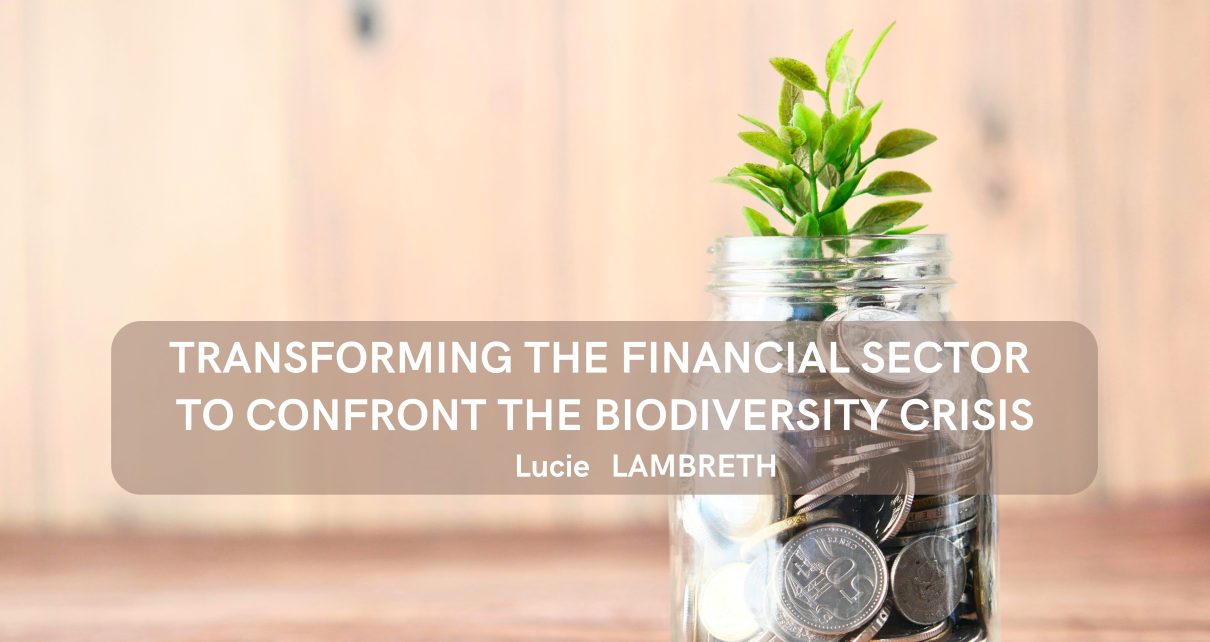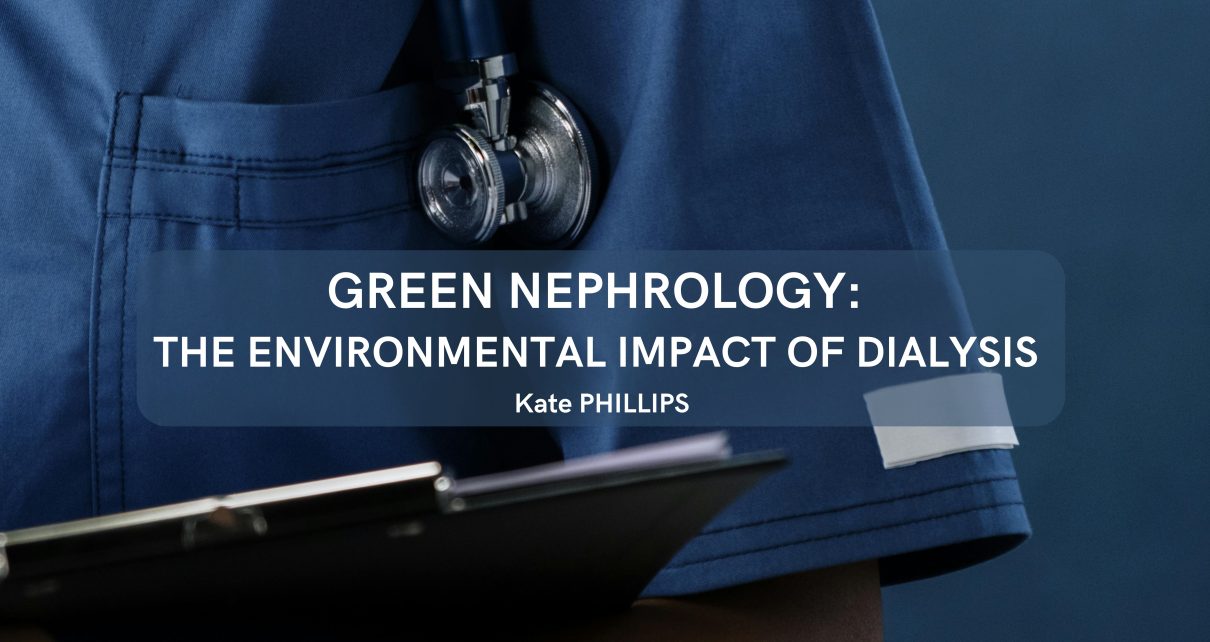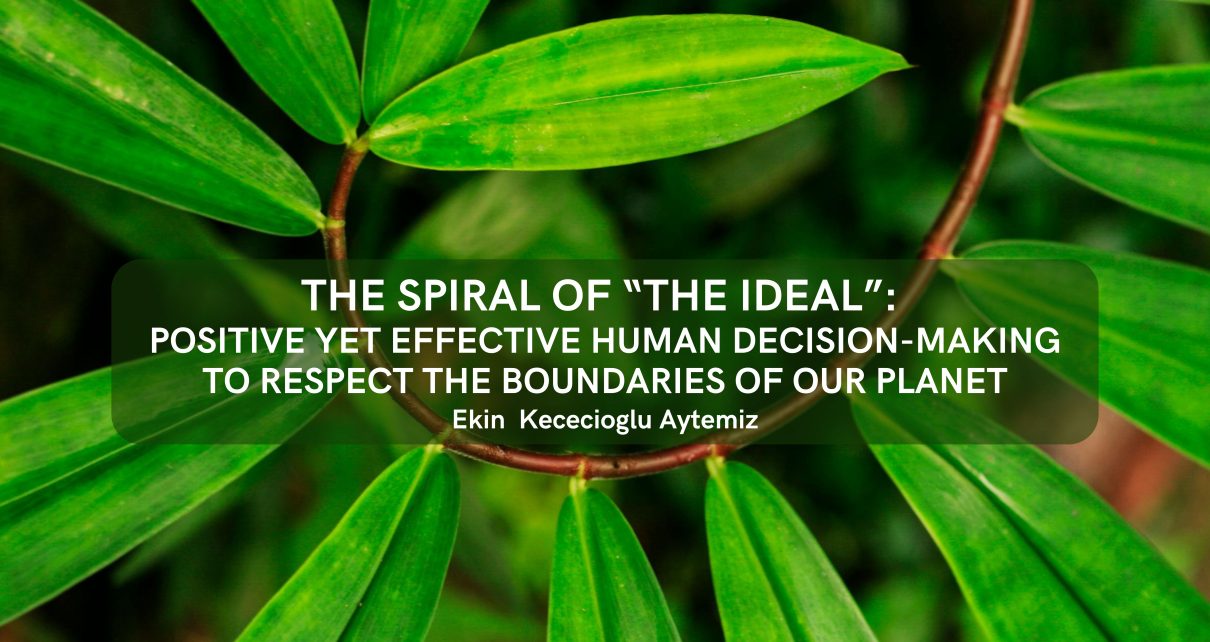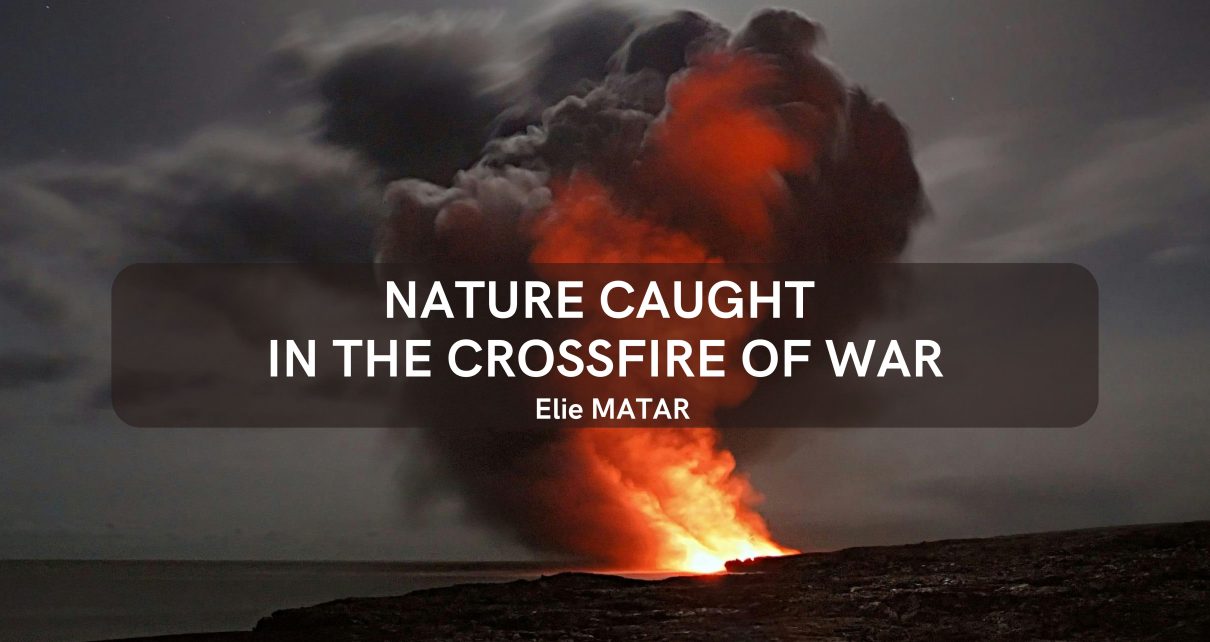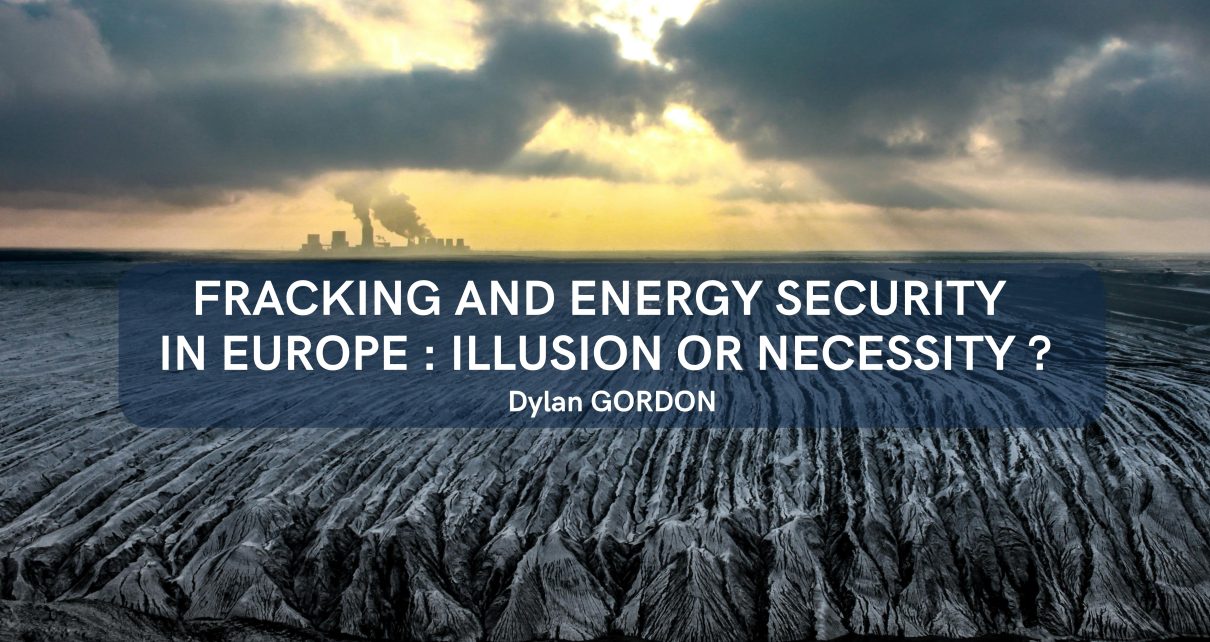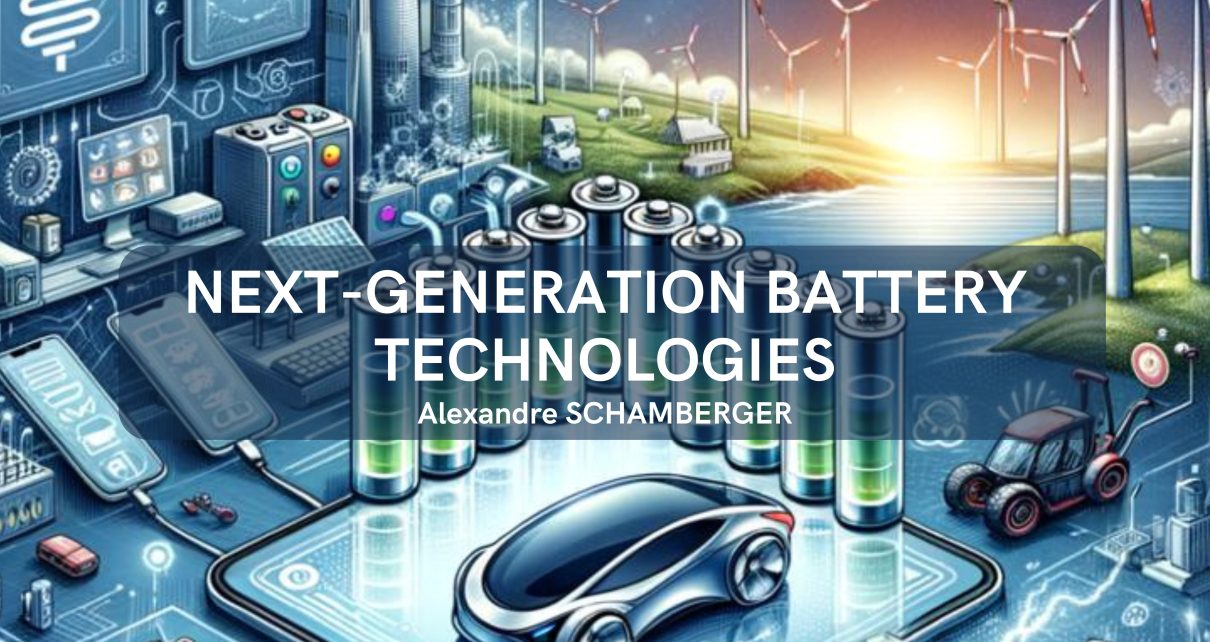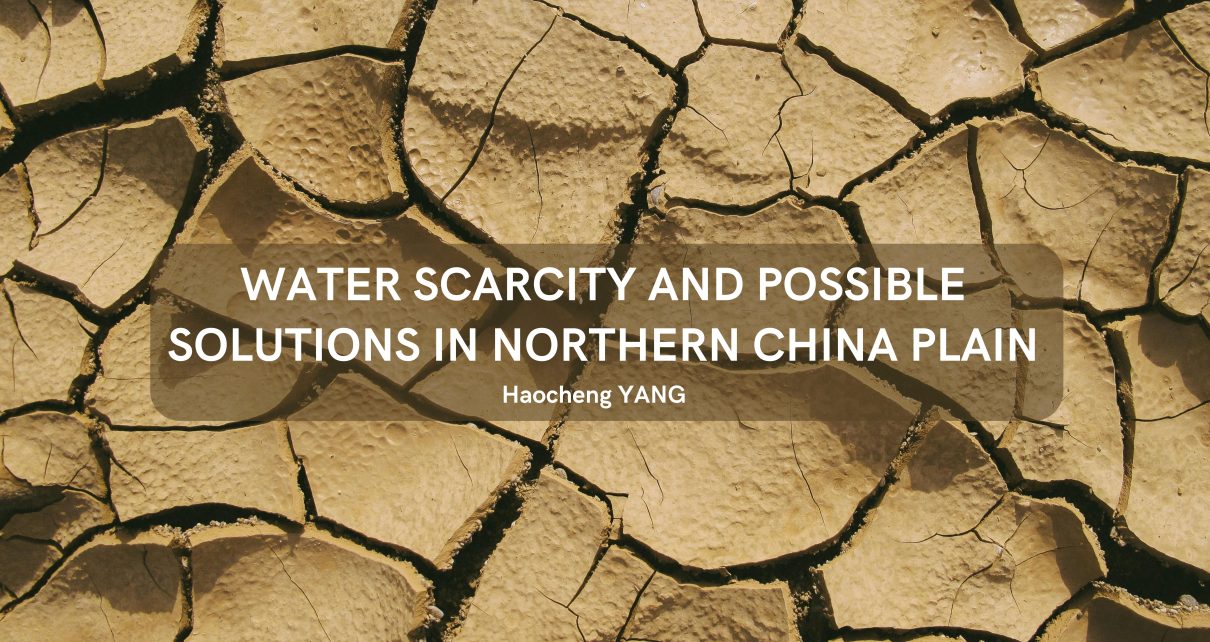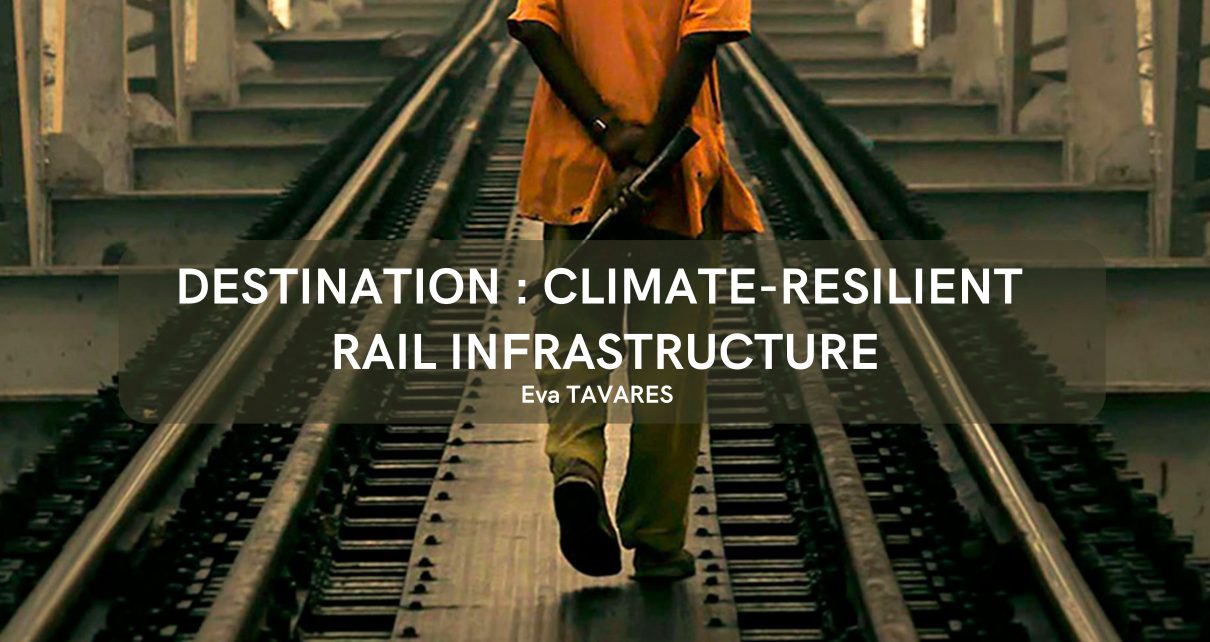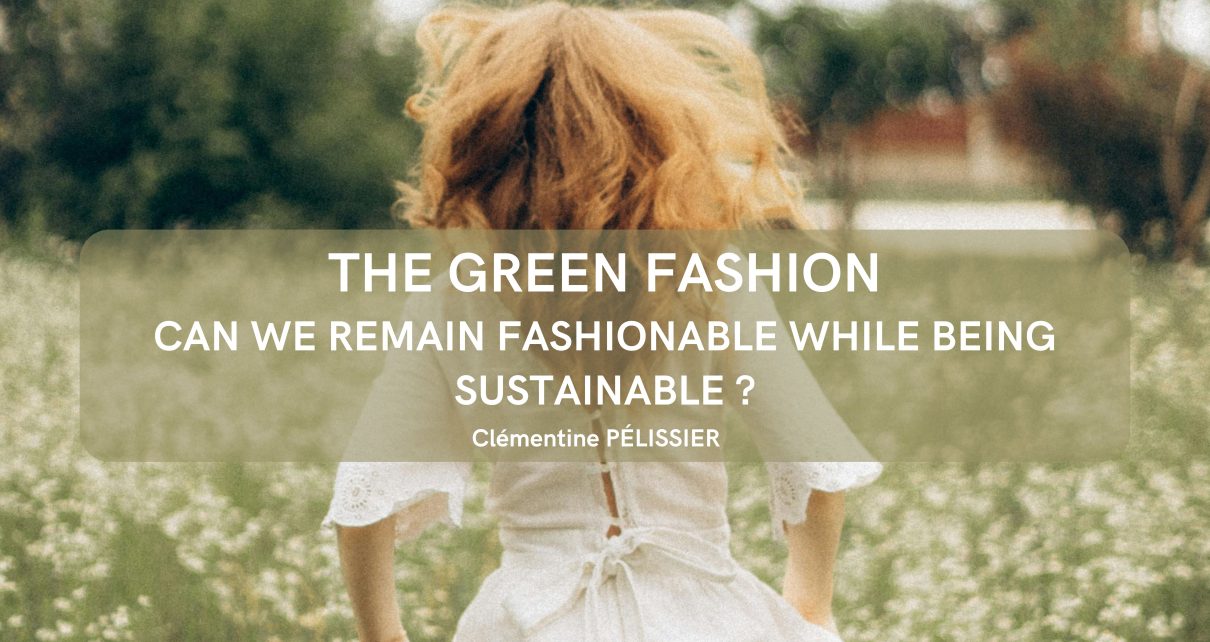Article de Lucie Lambreth (MS EnvIM 2023-24) Introduction The world is facing a biodiversity crisis of unprecedented magnitude. Biodiversity, encompasses ecosystems, species, and genetic diversity. It has been declining globally at an unprecedented rate in human history, and projections for next decades are alarming. In its recent report [1], the WWF outlines a catastrophic decline of 73% in the average size of monitored wildlife populations over just 50 years. The
Article de Kate Phillips (MS EEDD parcours RSEDD 2024-25) Introduction Chronic kidney disease (CKF) affects an estimated 830 million people globally¹, which is one in ten adults worldwide; and is expected to become the fifth biggest loss of years of life by 2040². As of 2019, over 2 million people worldwide die every year of renal failure through lack of treatment and close to 200 million take on catastrophic debt
Article de Ekin Kececioglu Aytemiz (MS EnvIM 2023-24) Introduction Either affected by climate change-induced events or just being part of higher intellectual pursuits on the future of our planet, most of us develop an understanding of environmental concerns and climate change, and we would like to adapt our choices to the information of the real situation in favor of a more sustainable environment. On the other hand, we usually get
Article de Elie Matar (MS EnvIM 2023-24) Introduction In the theater of war, the battlefield transcends the reach of artillery fire and the suffering of soldiers. Often overshadowed by chaos and destruction, the environment emerges as a silent casualty of armed conflict. Wars have an immense impact on the environment, disrupting entire ecosystems and affecting air, water, and land. Embark on a journey to explore the hidden effects of war,
Article de Dylan Gordon (MS EnvIM 2023-24) Introduction The Spectre of Energy Insecurity Europe’s energy future is increasingly entangled with its aspirations for independence and sustainability. Recent geopolitical crises and the continent’s dependence on imported fossil fuels, particularly natural gas, has left it vulnerable to disruptions, exemplified by the 2009 Russian-Ukrainian gas dispute and the weaponization of energy during Russia’s 2022 invasion of Ukraine (Dulian, 2024), have left the European
Article de Cordélia de Chambure (MS EnvIM 2023-24) Introduction From the 2019 manifesto for ecological awakening signed by 30,000 students to the bold speeches of AgroParisTech graduates in 2022, young voices are calling for transformative changes to address urgent environmental and social crises. Two approaches are often considered : an individual lifestyle shift (such as adopting a rural, self-sufficient lifestyle) or a broader, systemic change in the way we work
Article de Alexandre SCHAMBERGER (MS EnvIM 2023-24) Introduction Electricity serves as an energy carrier, enabling the instant transmission of energy over long distances and its conversion into other forms, such as heat. This innovation revolutionized the energy supply sector in the late 19th century. Today, long-term projections for the global energy system indicate a significant rise in the importance of battery storage, especially electrochemical technologies, driven by several key factors.
Article de Haocheng Yang (MS EnvIM 2023-24) Introduction Over the past 50 years, China has been through a remarkable economic expansion along with population growth from 0.6 billion to 1.4 billion. Such a dramatic increase has brought tremendous pressure on agriculture and food supply. As Lester Brown pointed out, China has to feed over 20% of the world population with less than 10% of the world’s farmland, and thus has
Article de Eva Tavares (MS EnvIM 2023-24) Introduction Imagine embarking on a train journey travelling through scenic landscapes only to face unexpected stops or delays due to weather disruptions. As climate change intensify, no sector is spared. Over the past few decades, transport infrastructures around the world have faced unprecedented challenges. Every journey, once predictable, now is exposed to extreme weather events that create vulnerabilities in rail networks. Extreme weather
Article de Clémentine Pélissier (MS EnvIM 2023-24) Introduction We can consider that the story of textiles (defined as a material that can be woven, divided into yarns that can be woven [1]) goes back to 9000 before JC, in Mesopotamia with sheep and goat hair. Quickly followed by the development of cotton in Asia (5000 BC) or linen in Egypt (3000 BC) [2]. This quickly becomes a matter of trade

